Health
Can Fatty Liver Cause High Blood Pressure? Understanding the Link
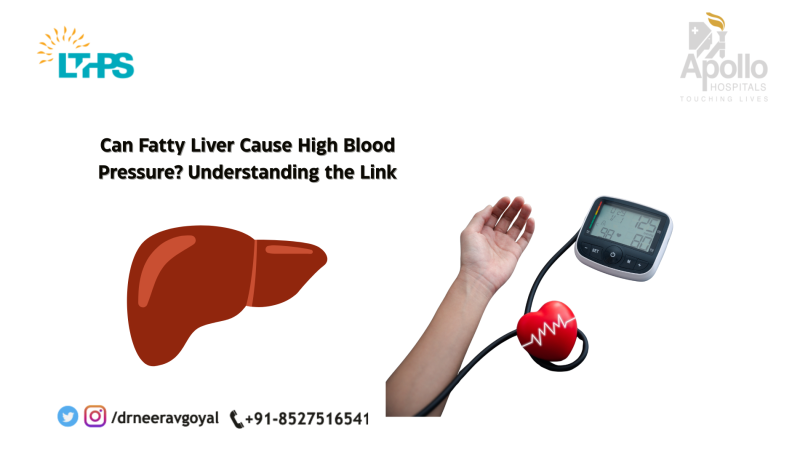
Introduction
Have you ever wondered how your liver might be silently affecting your blood pressure? It may sound surprising, but fatty liver disease—a condition often linked with poor diet and lifestyle—can actually play a key role in developing high blood pressure (hypertension).
Imagine your liver as a filter that keeps your body clean and balanced. When this filter gets clogged with fat, it doesn’t just affect digestion—it can trigger a chain reaction that impacts your heart, blood vessels, and overall health.
In this article, we’ll explore how fatty liver contributes to high blood pressure, its symptoms, and what you can do to protect your liver and heart health. We’ll also discuss when it’s time to seek help from the best liver transplant surgeon in India.
1. What Is Fatty Liver Disease?
Fatty liver disease occurs when excess fat builds up in the liver cells, making it harder for the organ to function properly. Normally, the liver contains some fat, but when fat makes up more than 5-- 10% of the liver's weight, it's considered fatty liver disease.
There are two main types:
Alcoholic Fatty Liver Disease (AFLD): Caused by heavy alcohol use.
Non-Alcoholic Fatty Liver Disease (NAFLD): Linked to obesity, diabetes, and poor diet.
2. Understanding High Blood Pressure
High blood pressure, or hypertension, happens when the force of blood pushing against the artery walls is consistently too high. Over time, this pressure damages blood vessels, increasing the risk of heart disease, kidney failure, and stroke.
Factors like obesity, lack of exercise, poor diet, and chronic stress can elevate blood pressure levels. But what many don't realize is that liver health can also play a big role.
3. The Hidden Connection Between Fatty Liver and Blood Pressure
So, how can a fatty liver cause high blood pressure? The connection lies in metabolic dysfunction. A fatty liver affects how your body processes fats and sugars, leading to insulin resistance, inflammation, and hormonal imbalances-- all of which can raise blood pressure.
Think of it like a traffic jam inside your body. When your liver becomes congested with fat, it disrupts smooth blood flow and metabolic processes, creating pressure in your system-- literally.
4. How the Liver Regulates Blood Pressure
Your liver produces important substances like angiotensinogen, which affects blood vessel constriction. In fatty liver disease, this process goes haywire. The liver starts producing more angiotensinogen, leading to narrowed arteries and increased blood pressure.
Moreover, a damaged liver struggles to remove toxins and excess hormones, which further strain your cardiovascular system.
5. Role of Insulin Resistance and Inflammation
Fatty liver is closely linked to insulin resistance, a condition where your cells stop responding properly to insulin. This triggers an increase in blood sugar and fat storage, leading to metabolic syndrome-- a cluster of conditions including high blood pressure, high cholesterol, and diabetes.
Inflammation from fatty liver releases harmful chemicals called cytokines, which damage blood vessels and increase arterial stiffness, a key cause of hypertension.
6. Non-Alcoholic Fatty Liver Disease (NAFLD) and Hypertension
NAFLD is one of the most common causes of liver-related blood pressure issues. Studies show that up to 50% of people with NAFLD also have hypertension. This connection is driven by:
Visceral fat accumulation
Oxidative stress
Hormonal imbalances
Poor endothelial function (lining of blood vessels).
In short, NAFLD isn't just a liver issue-- it's a systemic problem affecting your entire body.
7. Symptoms to Watch Out For.
Both fatty liver and high blood pressure are often called "silent killers" because they rarely cause symptoms in early stages. However, as the conditions progress, you may notice:.
Constant fatigue or weakness.
Pain or discomfort in the upper right abdomen.
Swelling in the legs or abdomen.
Frequent headaches or dizziness.
Unexplained weight gain.
Shortness of breath.
If you experience these symptoms together, it's time to get evaluated by a liver specialist.
8. How Fatty Liver Affects Heart Health.
A fatty liver doesn't just stop at damaging the liver-- it increases the risk of heart attack and stroke. When the liver fails to properly metabolize fats, harmful cholesterol and triglycerides build up in the blood, clogging arteries.
This combination of high cholesterol and high blood pressure is a recipe for serious cardiovascular problems. Treating fatty liver early can drastically reduce your heart disease risk.
9. Diagnostic Tests for Fatty Liver and Hypertension.
Doctors use several tests to detect fatty liver and its effects on blood pressure:.
Liver Function Tests (LFTs) to check enzyme levels.
Ultrasound or FibroScan to detect fat accumulation.
Blood pressure monitoring to assess hypertension.
Blood sugar and lipid profile tests for metabolic health.
MRI or CT scans for advanced imaging if needed.
Early detection is key to preventing irreversible liver damage and cardiovascular complications.
10. Lifestyle Factors That Worsen Both Conditions.
Certain habits can worsen both fatty liver and high blood pressure, including:.
High consumption of processed foods and sugar-laden drinks.
Lack of physical activity.
Excessive alcohol intake.
Smoking.
Chronic stress.
Irregular sleep patterns.
Making lifestyle changes is the first step to reversing fatty liver and controlling hypertension.
11. Diet Tips to Manage Fatty Liver and Blood Pressure.
Your diet is your best medicine. Follow these simple guidelines:.
Eat more: Vegetables, whole grains, lean protein (fish, chicken), and nuts.
Avoid: Fried foods, sugary drinks, processed snacks, and alcohol.
Include healthy fats: Olive oil, flaxseed, and avocados.
Stay hydrated: Drink enough water to help your liver flush toxins.
A Mediterranean-style diet is proven to benefit both the liver and heart.
12. Importance of Exercise and Weight Management.
Even a 5-- 10% reduction in body weight can significantly reduce liver fat and improve blood pressure. Aim for:.
30 minutes of moderate exercise (like brisk walking or cycling) 5 times a week.
Strength training twice a week to build muscle and improve metabolism.
Exercise also boosts insulin sensitivity, lowers inflammation, and improves circulation.
13. When to See a Liver Specialist.
If you have persistently high liver enzymes, unexplained fatigue, or high blood pressure that doesn't respond to medication, you should see a liver specialist.
Timely evaluation can prevent your condition from progressing to cirrhosis or liver failure, where a transplant might become necessary.
14. Advanced Treatment Options in India.
India offers world-class medical facilities for liver and heart-related diseases. Treatments may include:.
Medication to control blood pressure, cholesterol, and insulin levels.
Minimally invasive procedures for advanced liver disease.
Liver transplant for patients with severe fatty liver complications.
The country's top hospitals offer affordable and effective care, making India a preferred destination for liver treatment.
15. Finding the Best Liver Transplant Surgeon in India.
When it comes to complex conditions like advanced fatty liver or liver failure, you need the expertise of the best liver transplant surgeon in India.
These surgeons specialize in:.
Complex liver transplant surgeries (living donor and cadaveric).
Comprehensive pre- and post-transplant care.
Managing associated conditions like hypertension, diabetes, and obesity.
Top surgeons in India combine experience, advanced technology, and compassionate care to ensure successful outcomes.
16. Conclusion.
Fatty liver disease isn't just a liver problem-- it's a whole-body warning signal. When left untreated, it can silently lead to high blood pressure, heart disease, and even liver failure.
But the good news? With the right lifestyle, timely diagnosis, and expert medical care from the best liver transplant surgeon in India, recovery and prevention are absolutely possible.
Take care of your liver, and it will take care of your heart.
FAQs.
Source:
Click for the: Full Story
You might like



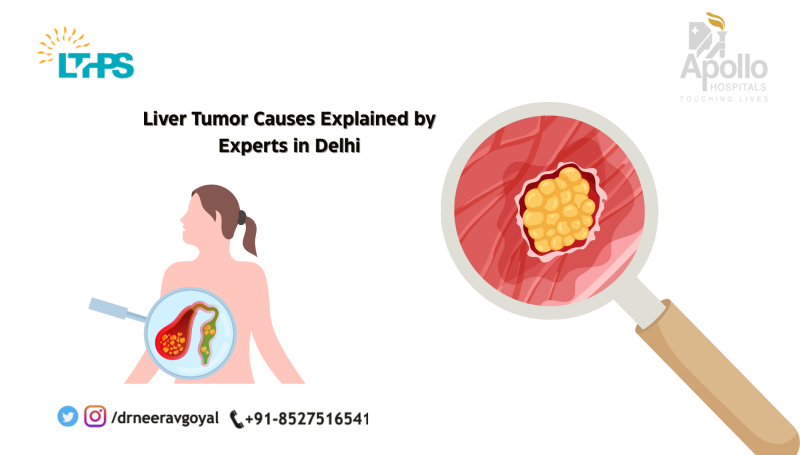
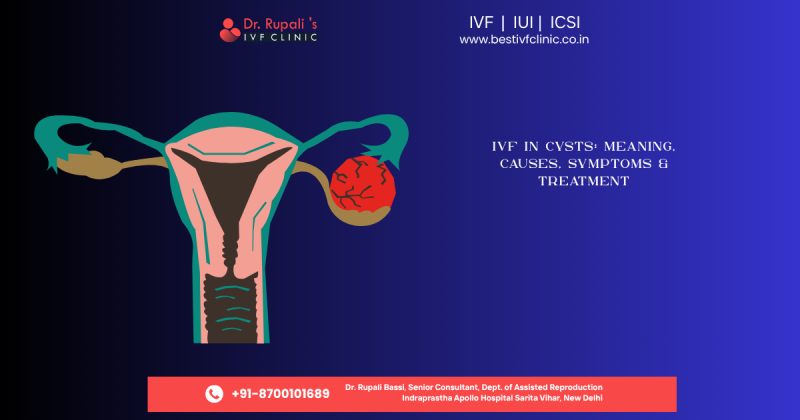
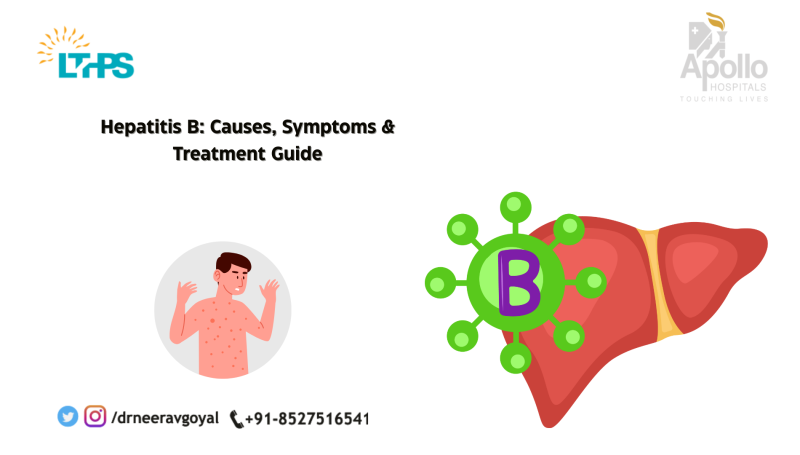
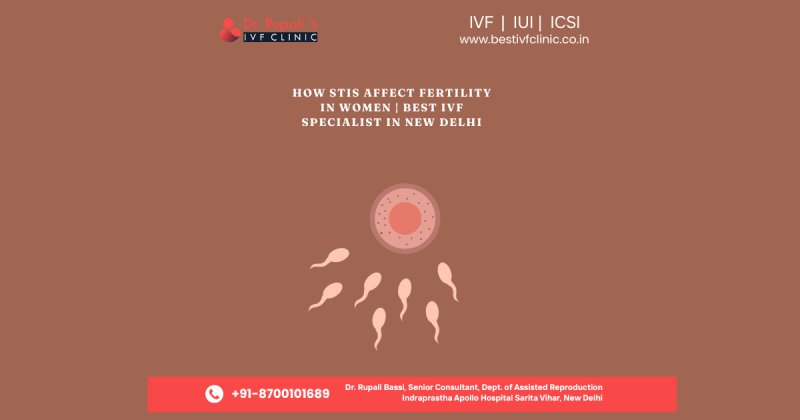
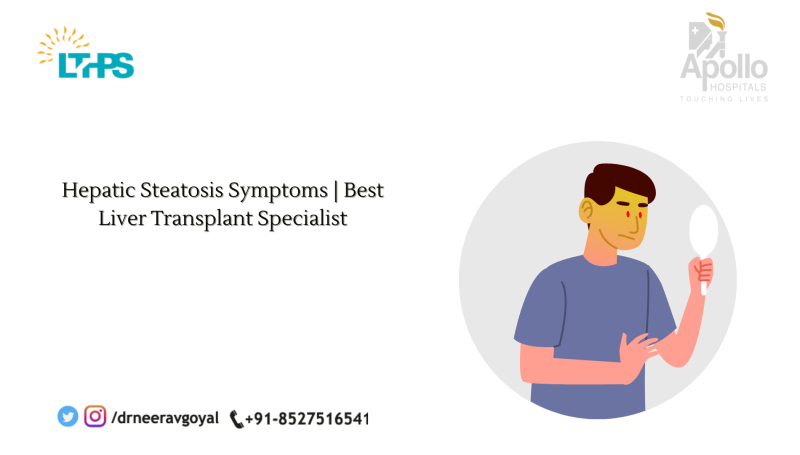

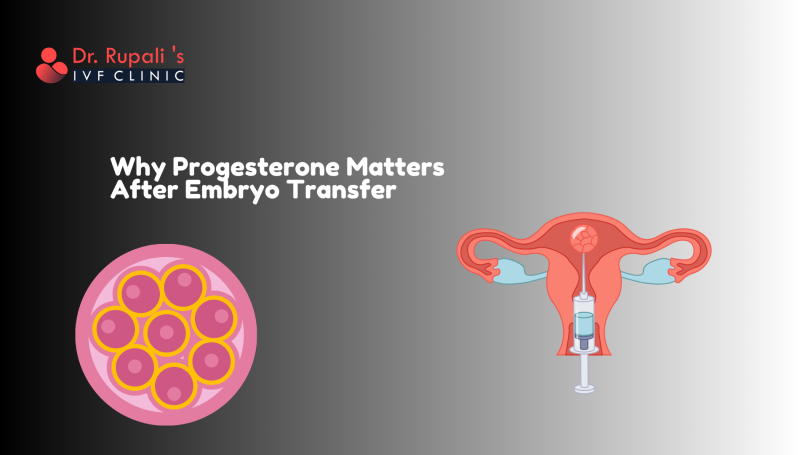



 Close Menu
Close Menu